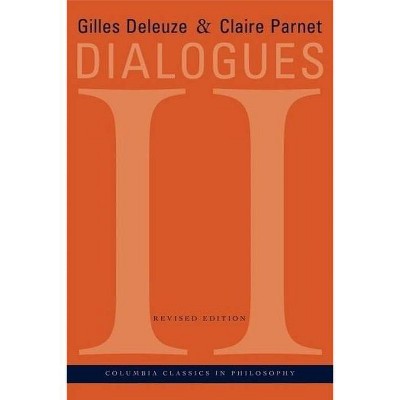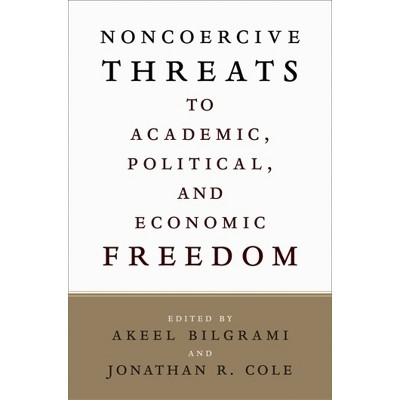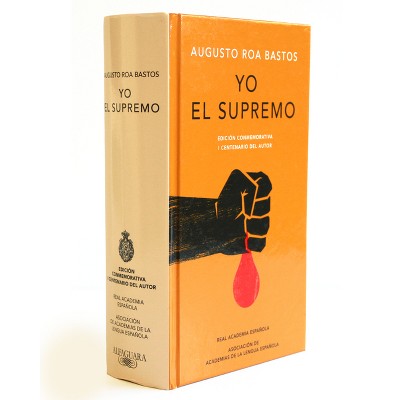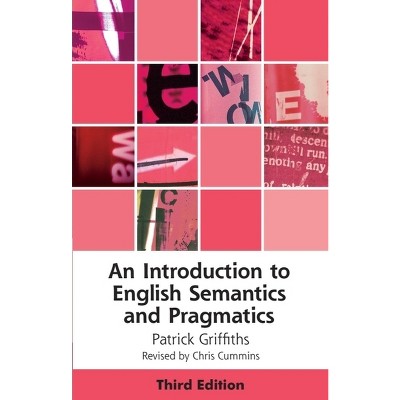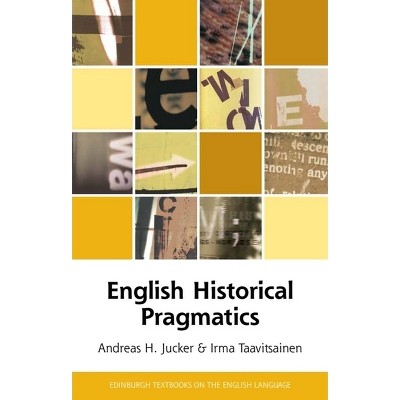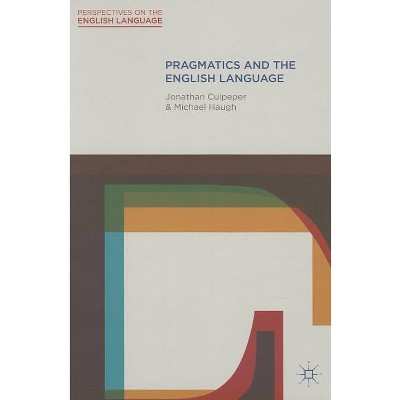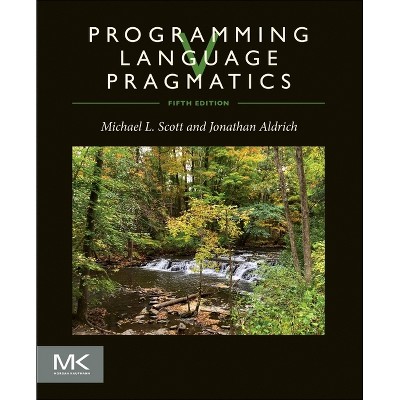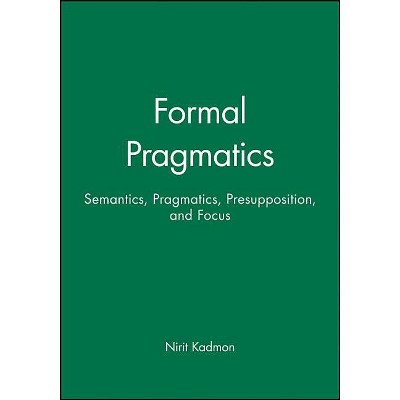Sponsored

Cross-Cultural Pragmatics and Foreign Language Learning - (Edinburgh Studies in Pragmatics) by Juliane House & Daniel Z Kádár (Paperback)
Pre-order
Sponsored
About this item
Highlights
- Cross-Cultural Pragmatics and Foreign Language Learning provides a new ground-breaking approach to the study of second language learning through the lens of cross-cultural pragmatics.
- Author(s): Juliane House & Daniel Z Kádár
- 208 Pages
- Language + Art + Disciplines, Language Arts
- Series Name: Edinburgh Studies in Pragmatics
Description
About the Book
Provides a new ground-breaking framework for the study of foreign language learning
Book Synopsis
Cross-Cultural Pragmatics and Foreign Language Learning provides a new ground-breaking approach to the study of second language learning through the lens of cross-cultural pragmatics. Cross-cultural pragmatics involves the use of contrastive linguistic research, supported by a variety of methodologies such as surveys, interviews and discourse completion tests. A key strength of the speech act-centred interactional framework proposed is that it allows the reader to understand difficulties faced by foreign language learners through pragmatic evidence. An important advantage of this approach is that it consistently avoids ideological pre-assumptions and related overgeneralisations. The book presents the framework in a highly accessible and reader-friendly way and illustrates how to put this framework to use with a number of case studies. The authors are internationally leading experts of pragmatics and applied linguistics whose work is a must-read for both academics and students focusing on applied linguistics and second language learnings.
Review Quotes
Overall, this book enriches academic discussions and advances more critical reflections on how to learn, teach, and conduct pragmatics research. Its integration of a theoretical framework and in-depth empirical analysis is highly relevant for ESL/EFL teachers looking to enhance students' pragmatic competence through context-based instruction, which may be more responsive to student needs. It also offers a well-structured framework for teacher educators to design more effective teacher training programs, identify pragmatic gaps among students, and develop targeted teaching interventions. Additionally, the book's exploration of sociopragmatic variables opens ample opportunities for further studies to explore the often overlooked pragmatic dimensions, particularly in underexplored linguacultures. It also reminds readers that cross-cultural pragmatics is a dynamic field. To this end, this work serves as an excellent resource for future research and L2 teaching to improve pragmatic competencies across cultural boundaries.--Slamet Mulyani, Efan Chairul, Abdi Siti Sulaikho & Dibi Afriansyah "TESL-EJ"
House and Kádár go beyond the traditional notions of speech acts, cross-cultural communication, and L2 pragmatics, presenting the original interactional typology of speech acts from a cross-cultural pragmatics perspective. Case studies contrasting British and Chinese speech samples illustrate diverse research methods, including corpora analysis, data-eliciting experiments, and interview data. An essential, up-to-date resource for students, teachers, and researchers studying contrastive pragmatics.
--Naoko Taguchi, Northern Arizona UniversityHouse and Kádár have done an incredible job in presenting this refreshing text linking cross-cultural pragmatics and foreign language learning. Rich in ideas and examples, it will appeal to students and instructors on a range of language, linguistics and education courses.
--Li Wei, Director and Dean, UCL Institute of Education